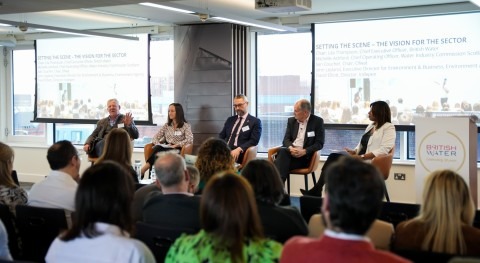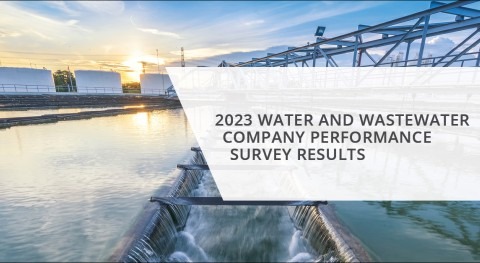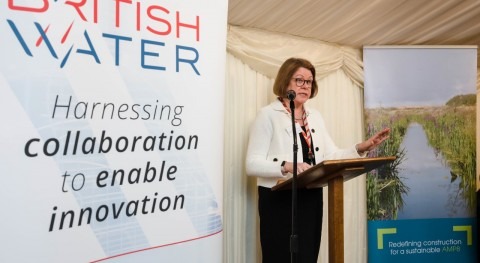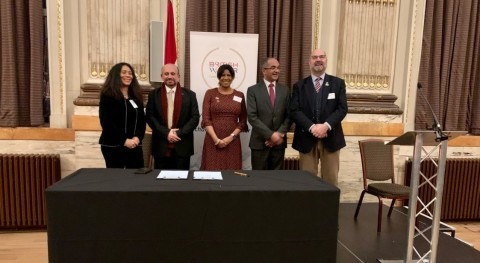British Water has welcomed guidance from Energy & Utility Skills which sets out how businesses in the sector can develop and maintain a sustainable workforce beyond Covid-19.
The whitepaper – 6 Easy Steps: A Pragmatic Approach to Workforce Planning – demonstrates how strategic workforce planning can assist businesses as they build their post-pandemic strategies and plan “an effective route back to business as usual beyond Covid-19”.
The principles outlined may prove valuable to the water industry supply community as businesses rethink their long-term strategies to adapt to the sudden changes.
British Water chief executive Lila Thompson said: “The water industry is critical for the health and wellbeing of the population and the supply chain plays a vital role in delivering essential services for customers. Having just entered AMP7, the utilities will be relying even more so on suppliers’ resilience so that postponed capital projects can begin in earnest when it is safe to do so.
“As the representative and business development organisation for the UK supply community, British Water is leading efforts to support members and regulators to put measures in place to ensure businesses can emerge from the pandemic in a healthy position. Energy & Utility Skills’ report provides additional insight into how businesses can ensure they have the right people in place at the right time to meet current and future challenges.
“I am pleased the report recognises that companies whose workforce may be scaled back could utilise their suppliers for additional support.
“I also fully agree with the point that virtual communication and social distance arrangements may fundamentally change future workforce needs. As part of this new approach, and with health and wellbeing always at the forefront, it is important for companies to recognise they may need to continue to invest in technology that enables tasks to be carried out remotely during and beyond Covid-19.
“Technology that allows this transition should be embraced as we continue our journey to become an even more resilient and sustainable industry.”



















